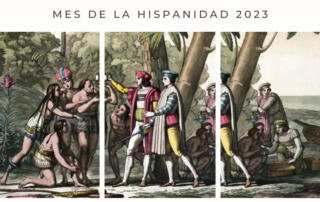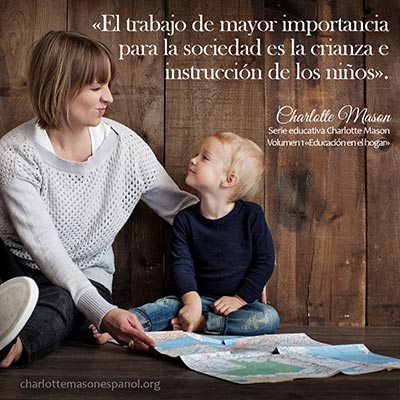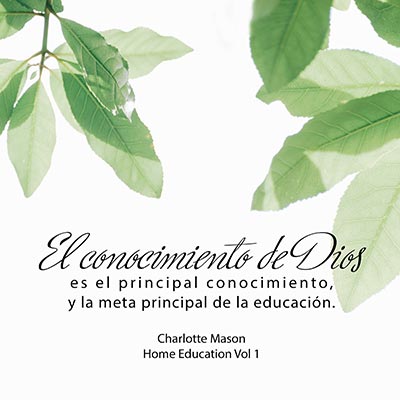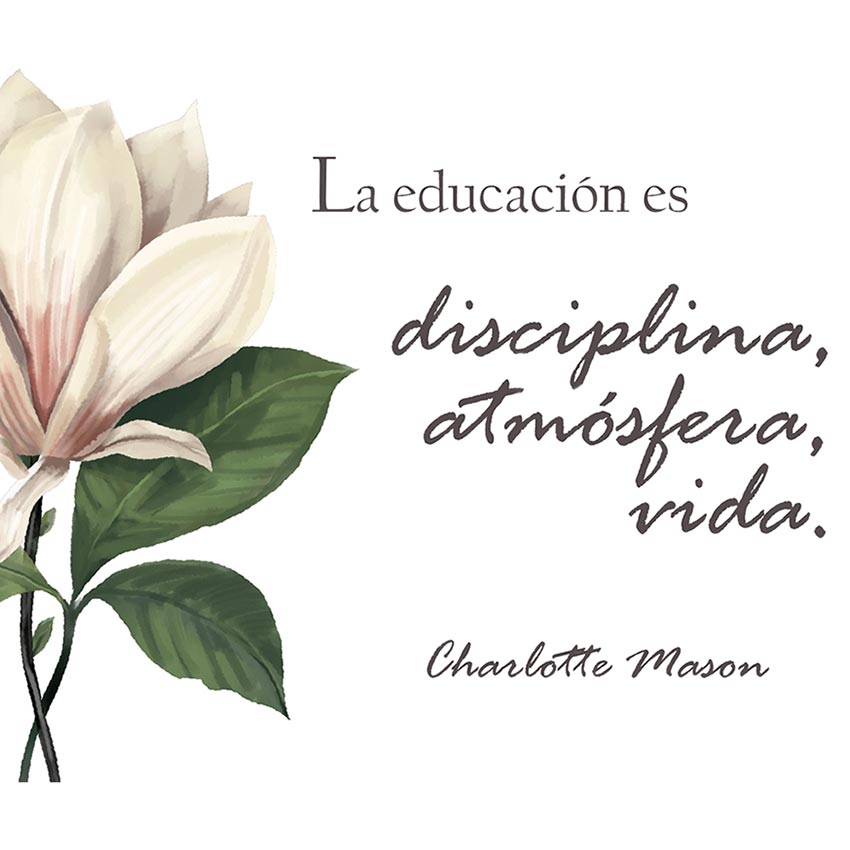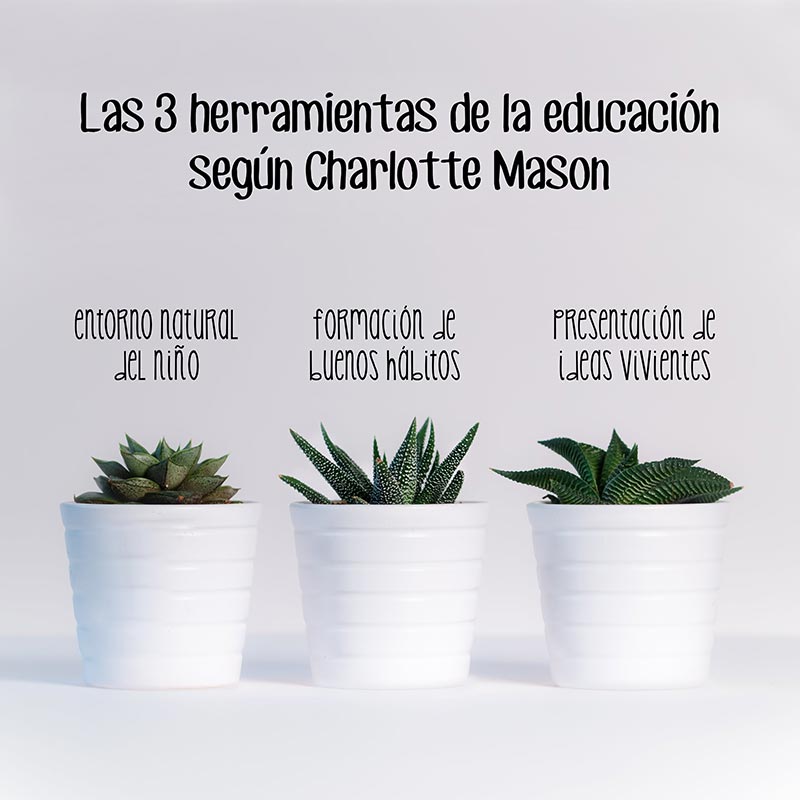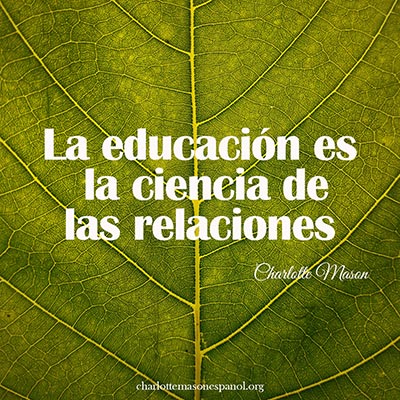AMERICAN HISPANIC HERITAGE
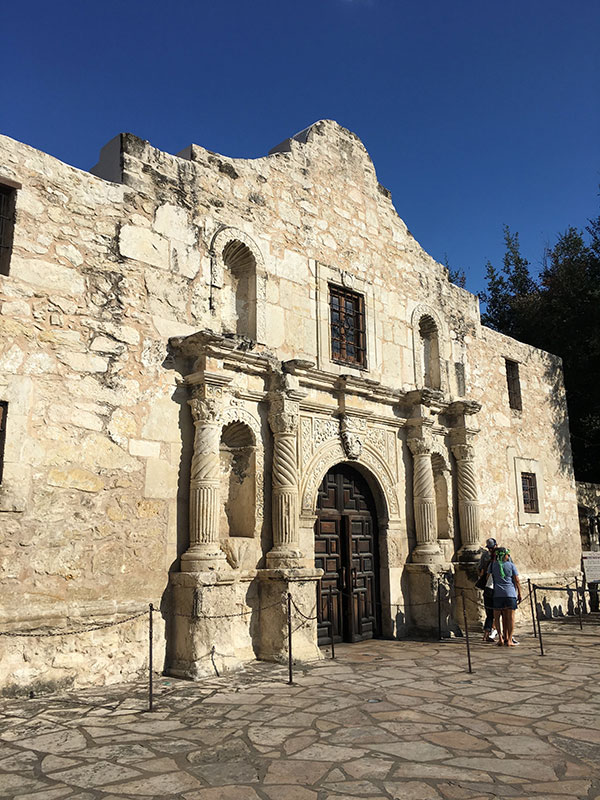
Facade of ancient Roman Catholic church on sunny day, San Antonio, Texas. Photo by JOSE GIL from Pexels
Spanish American History
Hispanic Presence in the United States
- The beginning of the exploration, settlement and colonization of the United States territory was in 1512 from south to north and westward, with Ponce de Leon, from Florida to New England and as far as Texas (not from east to west, with Lewis & Clark). Furthermore, in 1539, Hernando de Soto is appointed Governor of Florida who until 1549 explores the areas of Florida, Georgia, Arkansas, Mississippi, Alabama, Louisiana, and northwest Texas. He discovered the Mississippi River.
- The 1st European settlement on the Atlantic coast was San Agustín (St. Augustine, today) in Florida, with Spaniards (not in Jamestown with the Pilgrims).
- The 1st Thanksgiving celebration occurred in St. Augustine, Florida in 1565 (not at Plymouth Rock in 1621).
- The 1st European settlement on the Pacific coast was not San Diego in California (1779) since by the 16th century there were already several settlements along the coast of the Pacific Ocean, such as: Acapulco, in Mexico; San Blas, in Panama; Lima, in Peru; Valparaiso, in Chile
- Even after U.S. independence, some states and cities remained in Spanish or Mexican power, such as: Alabama was Spanish until 1783; Arizona was Spanish until 1821; Mexican until 1848; Arkansas was Spanish until 1800; and the same with California, Colorado, Florida, Louisiana, Mississippi, Nevada, New Mexico, Texas, Utah.
- The origins of the Hispanic population today is not only: Cuban in the southeast; Mexican in the southwest; or Caribbean, Puerto Rican in the south, but from all Latin America.
Jefferson in the 1700s
Back in 1787, Jefferson acknowledged the Spanish origins of the territory that is now the United States. In his library at Monticello, he kept the following books in Spanish:
1. Historia Natual y moral de las Indias by Fray Juan de Torquemada
2. Four volumes of Don Quijote by Cervantes
3. La Florida by Inca Garcilaso de la Vega
4. Historia de la conquista de México, América Septentrional o Nueva España by Antonio de Soliz y Rivadeneira
In his correspondance to the young men in his family, he said,
“Spanish. Bestow great attention on this, and endeavor to acquire an accurate knowledge of it. Our future connections with Spain and Spanish America will render that language a valuable acquisition. The antient history of a great part of America too is written in that language.”
“Apply yourself to the Study of the Spanish language will all the assiduity you can. It and the English covering nearly the whole face of America, they should be well known to every inhabitant, who means to look beyond the limits of his farm.”
“With respect to modern languages, French [is indispensable]. Next to this, the Spanish is most important to an American. Our connection with Spain is already important and will become daily more so. Besides this, the ancient part of American history is written chiefly in Spanish.”
The 20th Century
Unfortunately, the following quote by former president Teddy Roosevelt in 1919 given in a context of international strife, has permeated the U.S.:
“In the first place we should insist that if the immigrant who comes here in good faith becomes an American and assimilates himself to us, he shall be treated on an exact equality with everyone else, for it is an outrage to discriminate against any such man because of creed, or birthplace, or origin. But this is predicated upon the man’s becoming in very fact an American, and nothing but an American… There can be no divided allegiance here. Any man who says he is an American, but something else also, isn’t an American at all. We have room for but one flag, the American flag, and this excludes the red flag, which symbolizes all wars against liberty and civilization, just as much as it excludes any foreign flag of a nation to which we are hostile…We have room for but one language here, and that is the English language…and we have room for but one sole loyalty and that is a loyalty to the American people.”
Although many still share this sentiment, American society should strive to produce, maintain and further the understanding between nations.
Thankfully, progress has been made, albeit somewhat slowly. We are hopeful!
Earliest Literary Works in the US: Written in Spanish!
- Relación (1542) by Álvar Núñez Cabeza de Vaca: Travesía territorio estadounidense 1528-1537)
- Descubrimiento de las siete ciudades de Cíbola by Fray Marcos de Niza (possibly written during 1539 on a mission to New Mexico)
- Obra nuevamente compuesta (1571 in Seville) by Bartolomé de Flores, presumably written in Florida.
- Poemario La Florida by Fray Gregorio de Escobedo (escrita hacia fines del siglo XVI e inicios del XVII)
Other Early Historical Works in Spanish:
- Relación de los mártires de La Florida de Luis Jerónimo de Oré y su Relación (c. 1619)
- Historia de La Florida de Inca Garcilaso de la Vega (1803)
- Viage a los Estados-Unidos del Norte de América de Lorenzo de Zavala (1846)
Current Hispanic Poets and Writers (non-exhaustive)
- Ada Limón, 24th Poet Laureate of the United States
- Alma Flor Ada
- Esmeralda Santiago:When I was Puerto Rican; Cuando era puertoriqueña
- Juan Felipe Herrera, 21st Poet Laurate
- Judith Ortiz Cofer: Silent Dancing: A Partial Remembrance of a Puerto Rican Childhood
- Julia Alvarez: Before We Were Free; Antes de ser libres; Finding Miracles; En busca de milagros
- Oscar Hijuelos, first Hispanic to win a Pulitzer Prize for Fiction: Our House in the Last World; The Mambo Kings Play Songs of Love
- Pam Muñoz Ryan: Esperanza Raising; Esperanza renace
- Rudolfo Anaya: Bless Me, Ultima; Heart of Aztlán; Tortuga
- Sandra Cisneros: The house on Mango Street; La casa en Mango Street
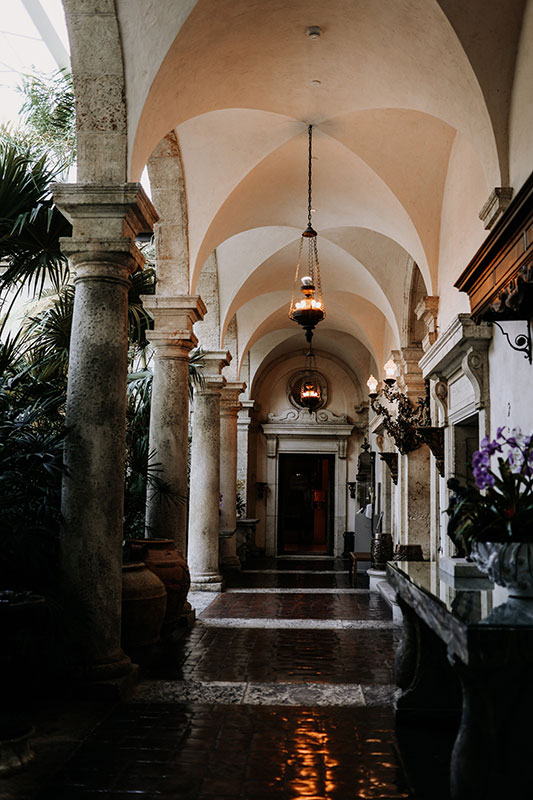
Arcade in Vizcaya Museum and Gardens, Miami, Florida. Photo by Leah Kelley from Pexels.
Read More
- América: The Epic Story of Spanish North America, 1493-1898 by Robert Goodwin
- El Norte: The Epic and Forgotten Story of Hispanic North America by Carrie Gibson
- Estados Unidos Hispano by Luis Alberto Ambroggio
- Harvest of Empire: A History of Latinos in America by Juan González
- La lengua de los hispanos unidos de América by Francisco Moreno Fernández
- Latino Americanos: El legado de 500 años que dio forma a una nación by Ray Suarez
- LatinoLand: A Portrait of America’s Largest and Least Understood Minority by Marie Arana
- Making Hispanics: How Activists, Bureaucrats, and Media Constructed a New American by Cristina Mora
- Nuestra América by José Vega
- Our America: A Hispanic History of the United States by Felipe Fernández-Armesto
- Spain’s America by J.H. Elliott
From Our Blog
“Children from dominant social groups have always found their mirrors in books, but they, too, have suffered from the lack of availability of books about others. They need the books as windows onto reality, not just on imaginary worlds. They need books that will help them understand the multicultural nature of the world they live in, and their place as a member of just one group, as well as their connections to all other humans. In this country, where racism is still one of the major unresolved social problems, books may be one of the few places where children who are socially isolated and insulated from the larger world may meet people unlike themselves. If they see only reflections of themselves, they will grow up with an exaggerated sense of their own importance and value in the world–a dangerous ethnocentrism.”
Rudine Simons Bishop
“Mirrors, Windows and Sliding Glass Doors” originally appeared in Perspectives: Choosing and Using Books for the Classroom. Vol. 6, no. 3. Summer 1990.
Walt Whitman On Hispanic Heritage (1883)
We Americans have yet to really learn our own antecedents, and sort them, to unify them. They will be found ampler than has been supposed, and in widely different sources. Thus far, impress’d by New England writers and schoolmasters, we tacitly abandon ourselves to the notion that our United States have been fashion’d from the British Islands only, and essentially form a second England only — which is a very great mistake. Many leading traits for our future national personality, and some of the best ones, will certainly prove to have originated from other than British stock. As it is, the British and German, valuable as they are in the concrete, already threaten excess. Or rather, I should say, they have certainly reach’d that excess. To-day, something outside of them, and to counterbalance them, is seriously needed. […]
To that composite American identity of the future, Spanish character will supply some of the most needed parts. No stock shows a grander historic retrospect — grander in religiousness and loyalty, or for patriotism, courage, decorum, gravity and honor. (It is time to dismiss utterly the illusion-compound, half raw-head-and-bloody-bones and half Mysteries-of-Udolpho, inherited from the English writers of the past 200 years. It is time to realize — for it is certainly true — that there will not be found any more cruelty, tyranny, superstition, &c., in the resume of past Spanish history than in the corresponding resume of Anglo-Norman history. Nay, I think there will not be found so much.)
Then another point, relating to American ethnology, past and to come, I will here touch upon at a venture. As to our aboriginal or Indian population — the Aztec in the South, and many a tribe in the North and West — I know it seems to be agreed that they must gradually dwindle as time rolls on, and in a few generations more leave only a reminiscence, a blank. But I am not at all clear about that. As America, from its many far-back sources and current supplies, develops, adapts, entwines, faithfully identifies its own — are we to see it cheerfully accepting and using all the contributions of foreign lands from the whole outside globe — and then rejecting the only ones distinctively its own — the autochthonic ones?
As to the Spanish stock of our Southwest, it is certain to me that we do not begin to appreciate the splendor and sterling value of its race element. Who knows but that element, like the course of some subterranean river, dipping invisibly for a hundred or two years, is now to emerge in broadest flow and permanent action?
¡Todos nuestros esfuerzos son 100% ad honorem. Si desea apoyarnos financieramente, estará colaborando a la educación de cientos de familias de habla hispana. Para hacerlo, pinche abajo y especifique «Charlotte Mason». ¡Gracias infinitas y que Dios le retribuya grandemente!

